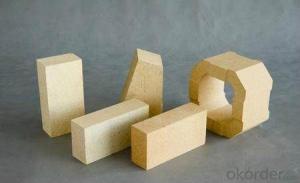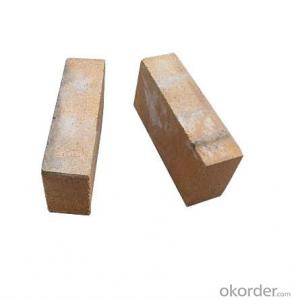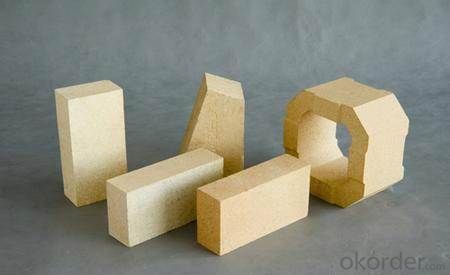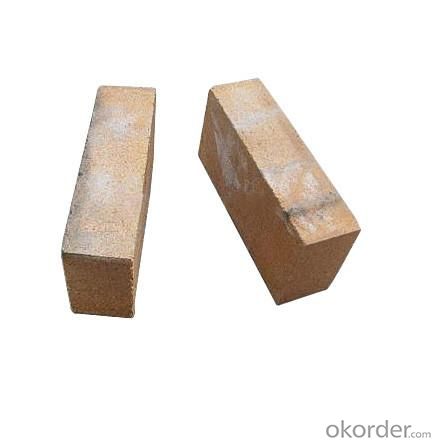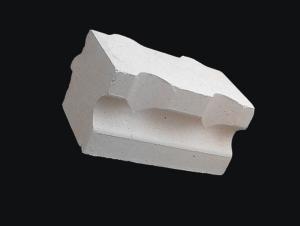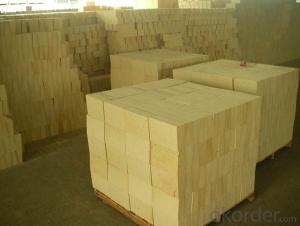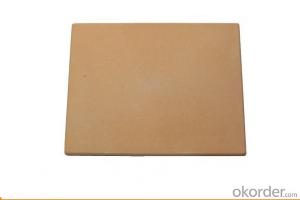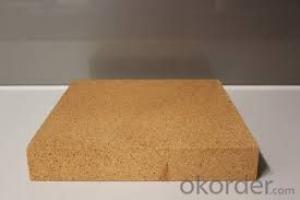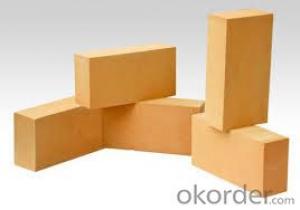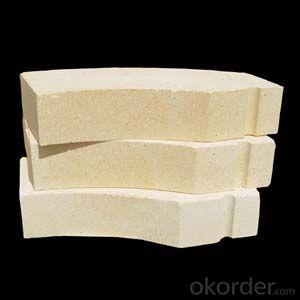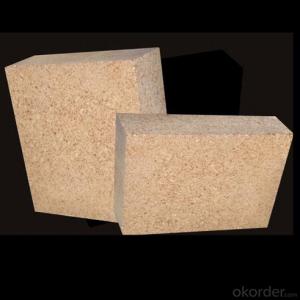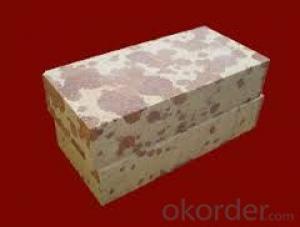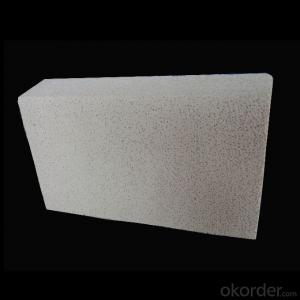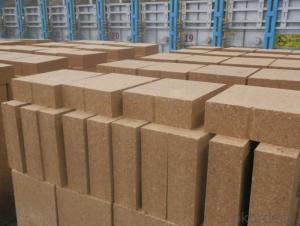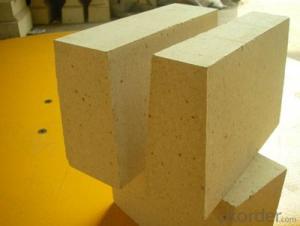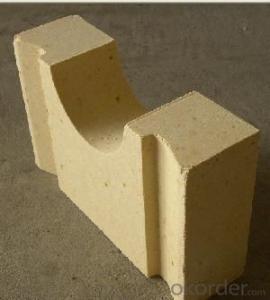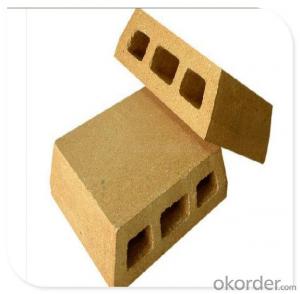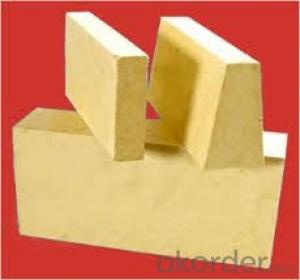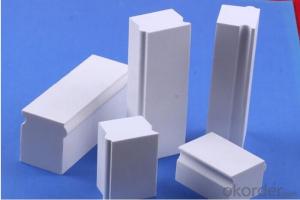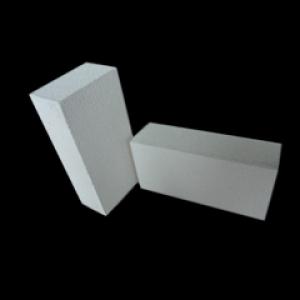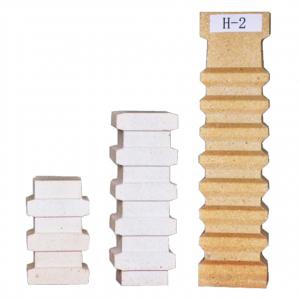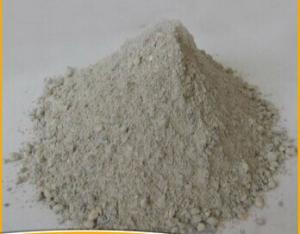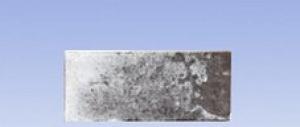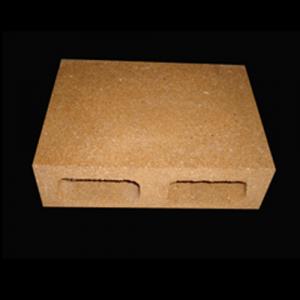High Alumina Brick - HiTech 1760C 42% Al2O3 Refractory Firebrick for Kilns
- Loading Port:
- China main port
- Payment Terms:
- TT OR LC
- Min Order Qty:
- 1000 pc
- Supply Capability:
- 1000000 pc/month
OKorder Service Pledge
OKorder Financial Service
You Might Also Like
Quick Details
| Place of Origin: | Shandong, China (Mainland) | Shape: | Brick | Material: | Alumina Block |
| SiO2 Content (%): | ≤53 | Al2O3 Content (%): | >42% | MgO Content (%): | none |
| CaO Content (%): | none | Refractoriness (Degree): | Common (1580°< Refractoriness< 1770°) | CrO Content (%): | none |
| SiC Content (%): | none | Model Number: | JN | Brand Name: | CNBM |
| Fe2O3: | ≤2.4% | Refractoriness ℃: | 1760 | Bulk density g/cm3: | ≥2.1 |
| Apparent porosity %: | ≤23 | Cold crushing strength MPa: | ≥30 | Refractoriness under load ℃: | ≥1380 |
Packaging & Delivery
| Packaging Details: | in wooden pallets |
| Delivery Detail: | 25 days |
Features
1. Low bulk density, low thermal conductivity, good thermal insulation performance.
2. Refractory category allow direct contact of fire, suitable ofr various atmosphere
3. Good integrity with furnace lining, long service life, easy operation, could be shaped freely
Typical Applications
1. Furnaces of metallurgy industry, heat treatment furnace
2. Furnaces of chemical industry and construction industry.
3. Furnace of incineration of garbage, recirculating fluidized bed furnace etc.
Specification:
Refractory fireclay brick
Item Specifications | N-1 | JN-40 | JN-42 | |
Al2O3 % | ≥42 | ≥40 | ≥42 | |
Fe2O3 % | ≤2.3 | ≤2.7 | ≤2.5 | |
Refractoriness ℃ | 1760 | 1760 | 1760 | |
Apparent porosity % | ≤22 | ≤24 | ≤23 | |
Bulk Density≥ g/cm3 | 2.25 | 2.20 | 2.25 | |
Refractoriness under load 0.2MPa℃ | 1400 | 1380 | 1450 | |
Cold crushing strength MPa | 35 | 28 | 35 | |
Permanent linear chang % | 1500℃×2h | +0.1~-0.4 | +0.1~-0.4 | +0.1~-0.4 |
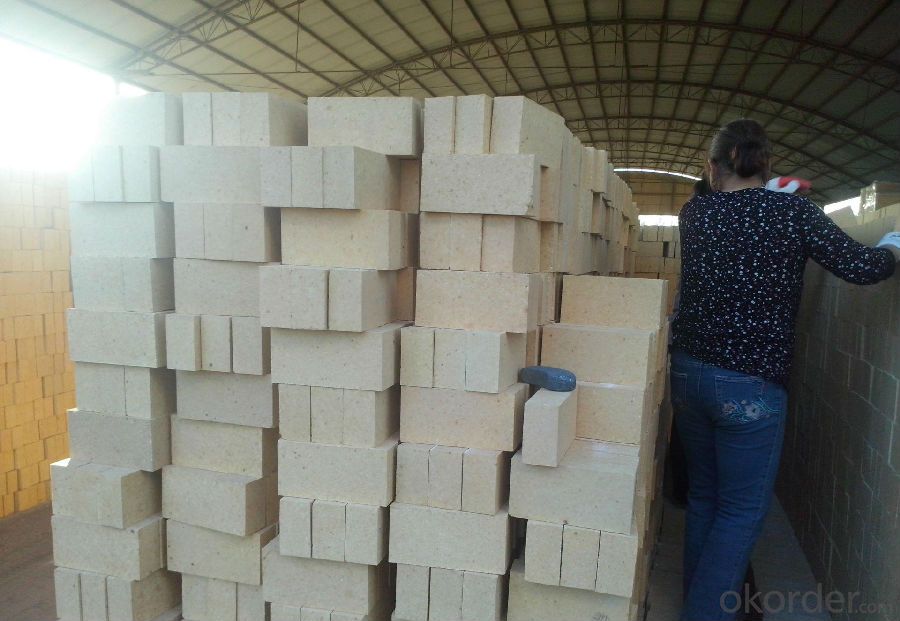
- Q: What is the heat preservation material used in a laboratory furnace?
- Asbestos, high alumina brick, or carbonized silicon are often used.Thermal insulation materials are generally used to guide heat coefficient less than or equal to 0.2 of the material. Thermal insulation material development is very fast, and in industry and building the use of good insulation technology and materials, often can get twice the result with half the effort. Each ton of mineral cotton insulation used in the building saves one ton of oil a year.
- Q: What are the grades of high alumina bricks?
- According to the size of high aluminum brick is divided into: standard brick, special-shaped brick.
- Q: Which is faster for heat transfer between corundum bricks and high alumina bricks?
- 75 high aluminum and 43 clay bricks, 75 single weight 4.5kg or more. 43 3.65kg or so, the use of temperature 75, high aluminum in about 1520, 43 of brick 1430 or so, the color of 75 pan white, 43 of the Loess color. In short, the difference is great.
- Q: What kinds of minerals are there in the five major categories of ore crystal chemistry?
- Natural element minerals. Of minerals produced by an element (elementary substance). There are about 90 natural elements in the earth's crust, accounting for 0.1% of the total weight of the earth's crust. Can be divided into metal elements, mainly platinum and copper, silver, gold, etc., non-metallic elements, carbon, sulfur, etc., half metallic elements, arsenic, bismuth and so on.
- Q: Corundum, high alumina and fireclay refractory difference is what
- They differ in that the alumina content is different, and the content is in order: corundum > high alumina > clay.
- Q: Are there any differences between insulating bricks and refractory bricks?
- The refractoriness of insulating bricks is generally below 1400 tons, while the refractoriness of refractory bricks is above 1400 degrees. 3. density insulation bricks are generally lightweight insulation materials, the density is generally in 0.8-1.0g/cm3, and the density of refractory bricks are basically above 2.0g/cm3.
- Q: What are the requirements for refractory materials in heat treatment furnace?
- The structural strength of high temperature is evaluated by loading softening point. Load softening point is that under certain pressure (2 kg/ cm 2 = 0.2MPa) under the condition of heating rate to heating, measured the sample deformation (deformation for the original sample 0.6%) temperature. This temperature is called the softening point of the refractory. Sample size is Phi 36 x 50mm.
- Q: What causes breakage of refractory bricks?
- There are many factors that lead to the damage of refractory brick, can be divided into: the chemical loss (e.g. salt penetration, redox phenomenon), heat loss (burning, thermal shock), mechanical loss (kiln deformation, thrust, brick masonry quality etc.).
- Q: What are the lining structures of lime rotary kilns and what are the requirements for refractories?
- The rotary kiln lining structure of rotary kiln and requirements on refractories calcining active lime according to the general output is divided into Nissan 300t, 400 t, 600 t, 800 t, 1000 t, 12000 t of kiln type, calcining zone temperature at 1350 degrees celsius. The kiln is divided into a discharge end, a cooling zone, a burning zone, a preheating zone and a feeding end, and the temperature of each section of the kiln ranges from 1000 DEG C to 1350 DEG C, and the requirements for refractory materials are different. The kiln refractory materials not only to withstand the high temperature impact, but also need to bear the material erosion, kiln rotation stress produced, so not only on the physico-chemical properties of refractory materials have strict requirements, but also for the construction of brick should be strictly.
- Q: What are the categories of bricks?
- Clay brick materials, cheap, durable, and fire prevention, heat insulation, sound insulation, moisture absorption and other advantages, is widely used in civil engineering. Waste brick can also be used as aggregate of concrete. In order to improve the shortcomings of ordinary clay bricks, such as small, self important and waste of soil, they are developing in the direction of light weight, high strength, hollow and big blocks.
Send your message to us
High Alumina Brick - HiTech 1760C 42% Al2O3 Refractory Firebrick for Kilns
- Loading Port:
- China main port
- Payment Terms:
- TT OR LC
- Min Order Qty:
- 1000 pc
- Supply Capability:
- 1000000 pc/month
OKorder Service Pledge
OKorder Financial Service
Similar products
Hot products
Hot Searches
Related keywords
